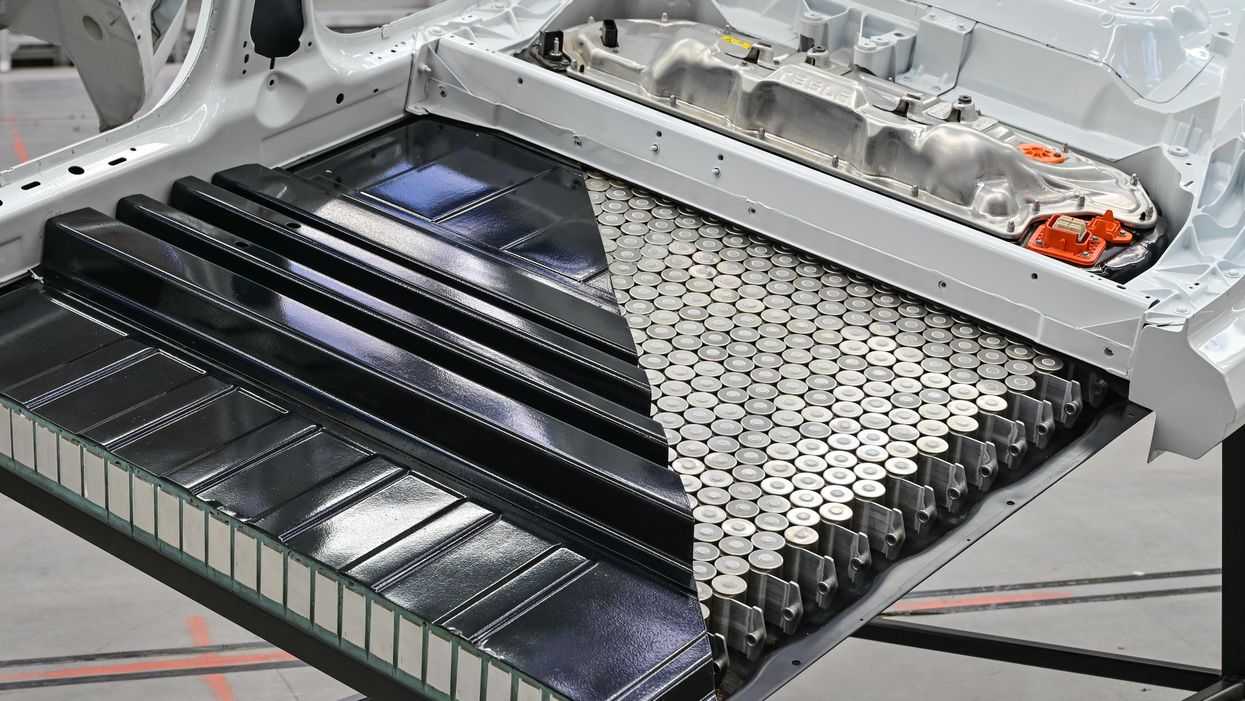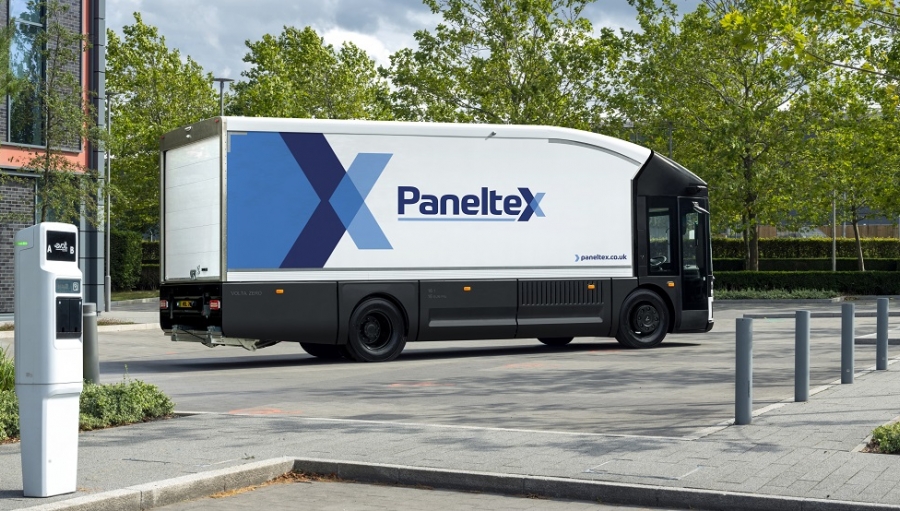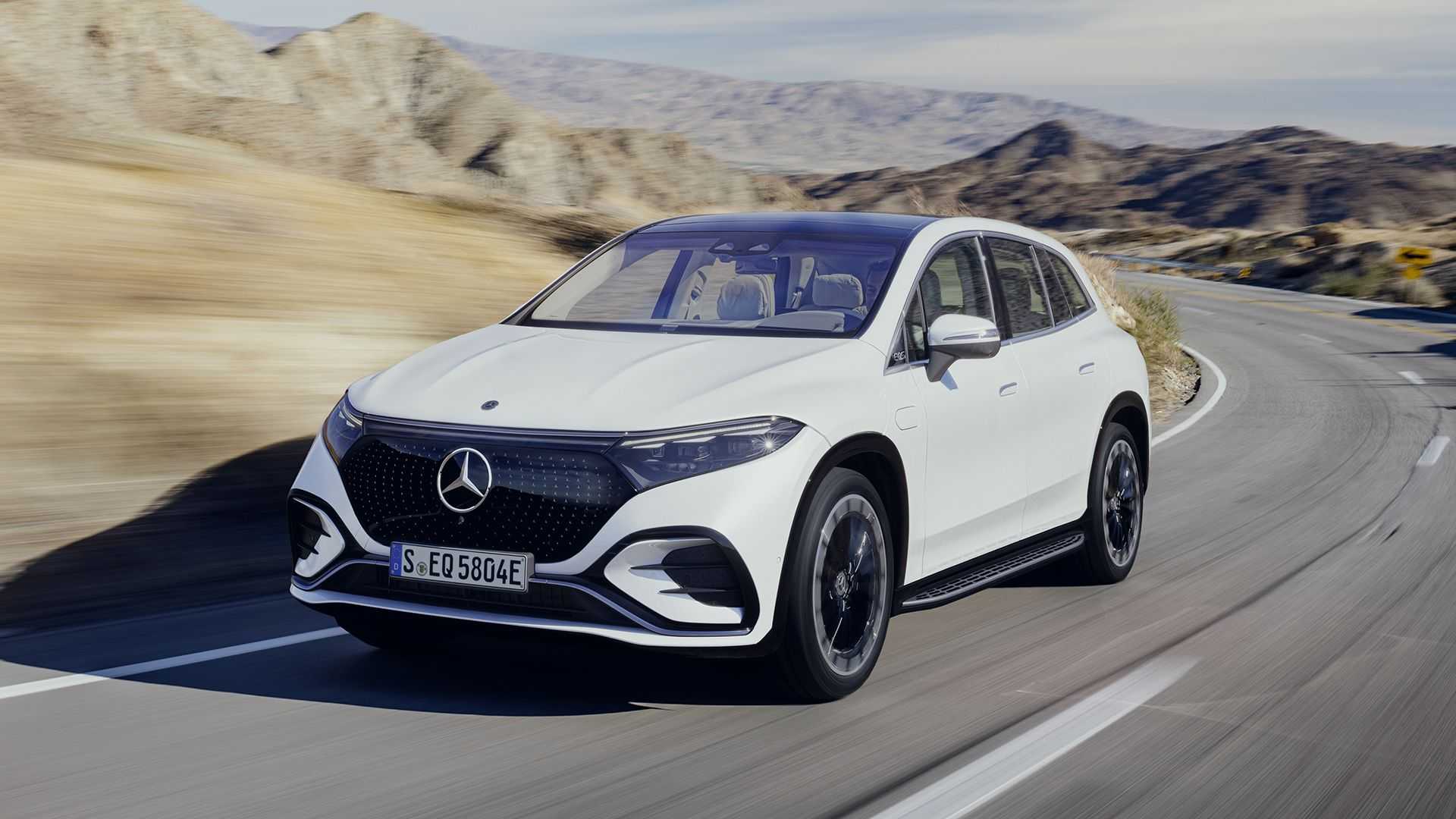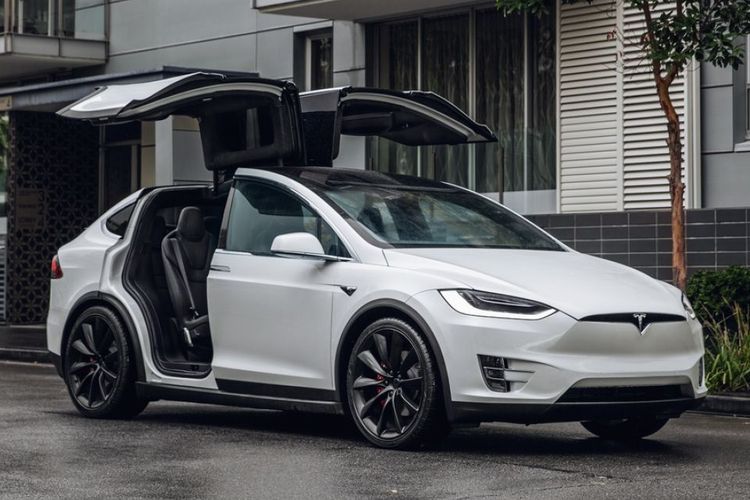Great demand makes automotive manufacturers compete to issue electric vehicle models. Most of the old auto manufacturers have announced their electrification targets. In addition, there are many electric vehicle startups that also offer sustainable mobility solutions to consumers.
However, the large demand also has an impact on increasing the demand for raw materials for the manufacture of electric vehicles. This makes a significant increase in the main raw materials such as lithium, which is an important material for making electric vehicle batteries.
In its latest report, Bloomberg said the strong demand made lithium prices soared nearly 500 percent in a year. That adds $1,000 to the price of a new electric vehicle. This condition, of course, makes more affordable electric vehicles difficult to achieve.
This is compounded by the supply of other minerals used in battery production, such as nickel, graphite and cobalt, which have been affected by the war in Ukraine.
The lithium mining process has so far been considered ineffective and inefficient. Meanwhile building new sources with more efficient mining techniques takes a long time.
“Tesla can build a gigafactory in about two years, a cathode plant can be built in less time, but it can take up to 10 years to build a greenfield lithium brine project.” says Joe Lowry, founder of advisory firm Global Lithium
Elon Musk said in April that Tesla may get into the lithium mining and refining business directly. The reason is the price of lithium, which is the main component of battery makers, is very high.
The impact of rising raw material prices was already felt a few months ago. Tesla has already raised the price of their electric vehicles. This was followed by other electric vehicle manufacturers who also implemented a policy of increasing vehicle prices.







